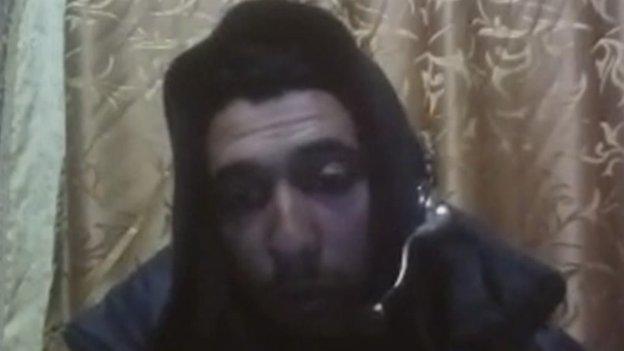Teens' passports seized in Brighton over Syria travel fears
- Published
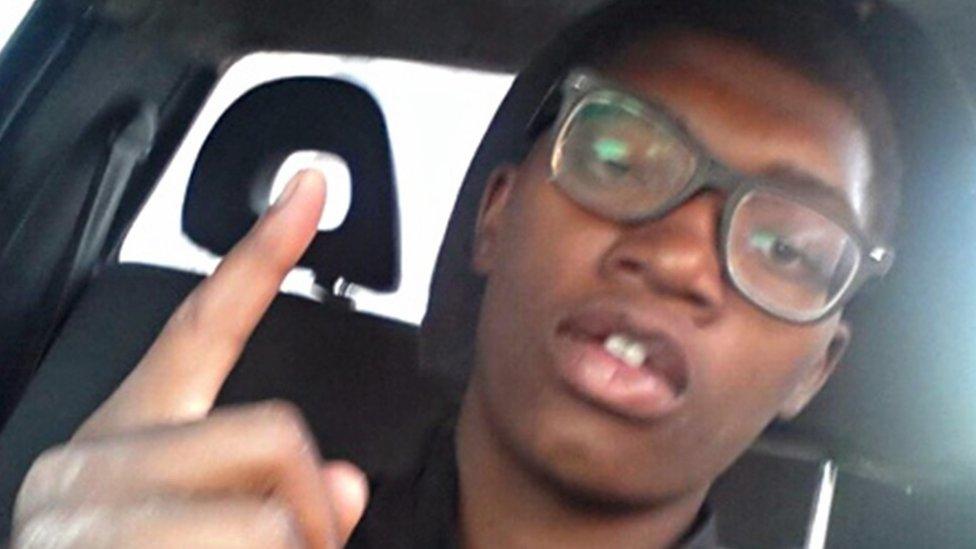
It is believed Ibrahim Kamara was killed in an airstrike
Police in Brighton have seized several passports from teenagers they feared would be travelling to Syria, the head of the city's policing has said.
Three young people from Brighton were killed fighting in Syria in 2014.
Ch Supt Nev Kemp said the measure was "extreme" and told the Brighton Argus, external it has sometimes been "very difficult".
However, the mother of one of the teenagers who died in Syria said removing his passport would not have stopped him going.
In April 2014, 18-year-old Abdullah Deghayes from Saltdean was killed in Syria and in October 2014 his brother Jaffar Deghayes, 17, also died in fighting.
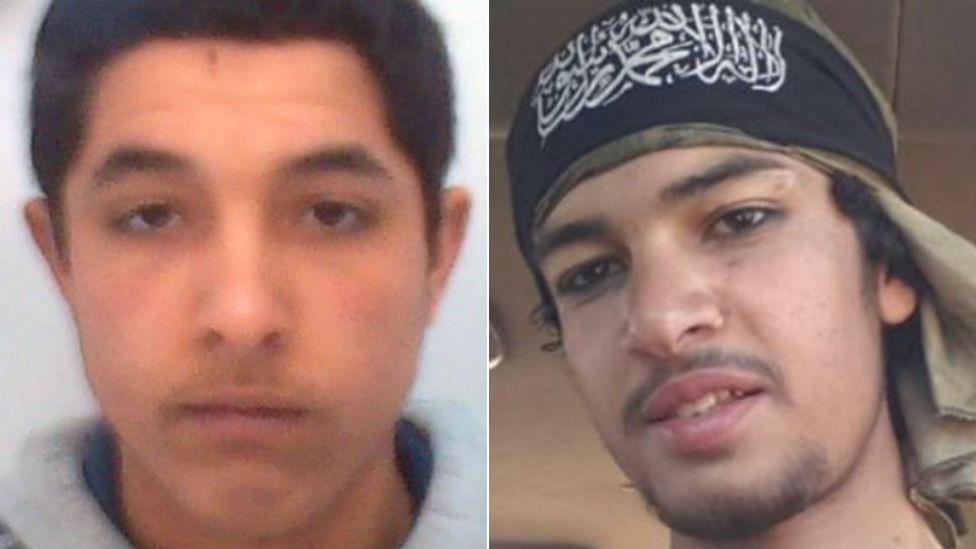
Abdullah Deghayes and his brother Jaffar Deghayes died in Syria
Ibrahim Kamara, 19, from Brighton, is believed to have been killed in a US airstrike in September 2014.
His mother, Khadijah Kamara, said preventing extremism should start in primary school and doubted removing passports would work.
She said: "It's two-years exactly this month since my son died - I have not had an answer as to how he would've travelled with a passport that wasn't his.
"He travelled with two other boys... how come they were able to leave just like that, as easy as that?"
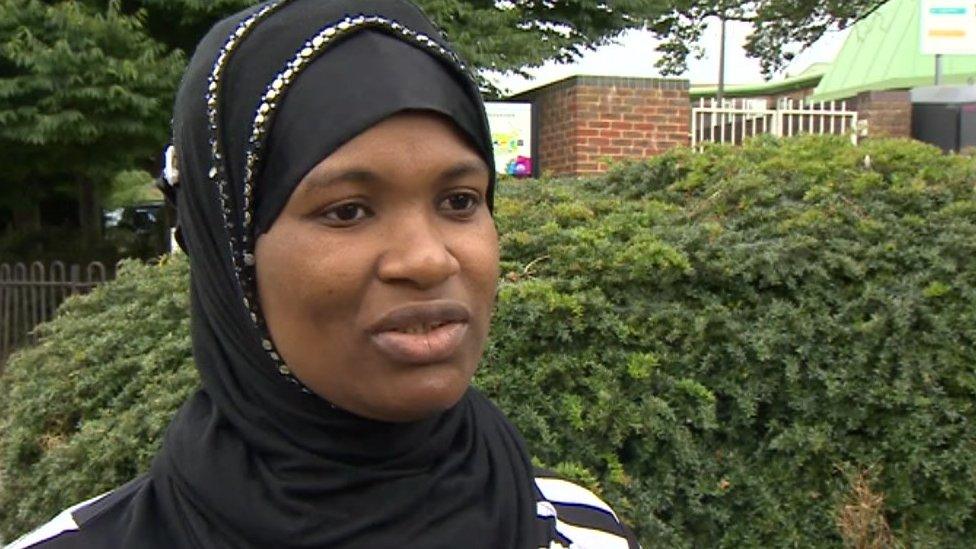
Khadijah Kamara said her son used a passport that was not his
Ch Supt Kemp, from Sussex Police, said: "It is an extreme measure and it's one we've all felt a bit uncomfortable with.
"But it's balancing that against the need to protect people and to protect the individual."
He added: "There is a risk those people - if they do come back - come back even more radicalised, and that's a risk for anybody who potentially comes in contact with them."
- Published25 September 2014
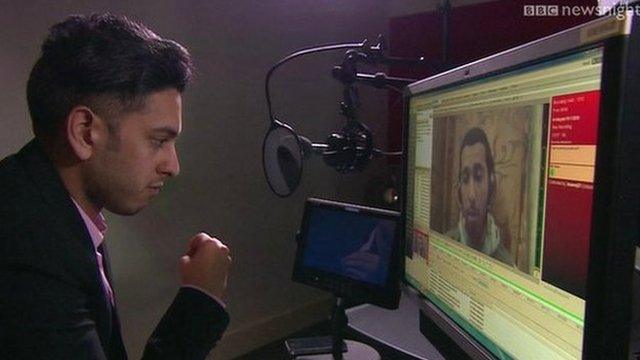
- Published27 July 2016
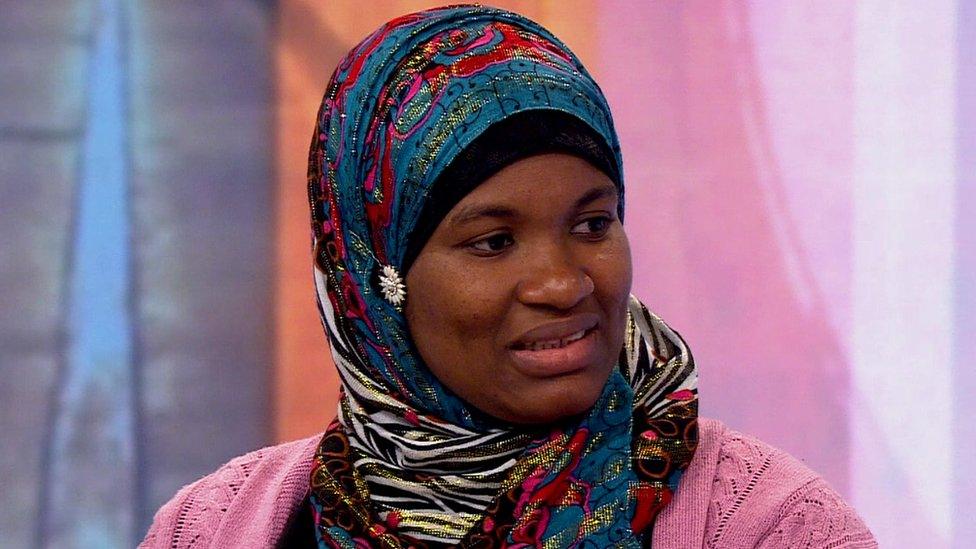
- Published7 November 2014
